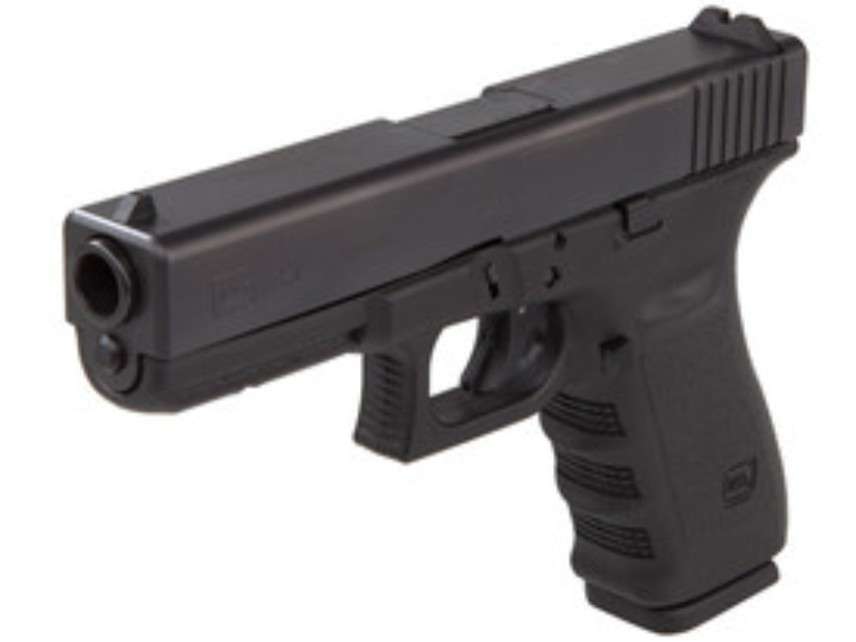California's 'Reasonable Regulation' of Guns Did Not Stop the Thousand Oaks Shooting
The state has some of the nation's strictest firearm laws.

Early this morning, New York Times columnist Nicholas Kristof tweeted about last night's mass shooting at a bar in Thousand Oaks, California, saying, "These kinds of incidents don't happen in normal countries where there is some reasonable regulation of firearms, starting with universal background checks." Yet California already requires background checks for all gun buyers, even when the transaction would be exempt from that requirement under federal law. In any case, ABC News reports that the gun used in the attack, a .45-caliber Glock 21 pistol, was "legally purchased," which means the perpetrator did not have a disqualifying criminal or psychiatric record, as is typically true of mass shooters.
Another firearm regulation that many people consider reasonable (although Kristof himself has his doubts) is a ban on so-called assault weapons, which is doubly irrelevant in this case, since California already has such a law and the gun the perpetrator used is not covered by it. Nor would the Glock 21 be covered by any other state's "assault weapon" law or by the proposed federal ban. The fact that the attacker managed to quickly murder 12 people with an ordinary handgun shows how misplaced the focus on military-style rifles is. Handguns are by far the most common firearms used in crimes, including mass shootings. They are also the most common firearms used for self-defense, as the Supreme Court has recognized.
Police have not said exactly how big the magazine used in the attack was, but they described it as "extended," meaning it could hold more than 10 rounds and would therefore be covered by California's ban on the sale or possession of "high capacity magazines." Although Fox News calls the magazine "illegal," enforcement of the possession ban has been temporarily blocked by the federal courts. In practice that does not really matter in this context, since millions of such magazines are already in circulation and it seems unlikely that someone planning a mass murder would be moved to turn his over to police so as not to run afoul of the law.
In any event, it is by no means clear that the need to switch magazines after firing 10 rounds would make an important difference in attacks on unarmed people. As The New York Times recently pointed out, magazines "can be swapped out quickly."
California has a bunch of other gun regulations, including a highly restrictive carry permit policy, a 10-day waiting period for gun purchases, a requirement that ammunition be purchased only from federally licensed dealers, and a "red flag" law that lets police and a long list of relatives and associates seek court orders barring people deemed a danger to themselves or others from owning guns. These rules may or may not be "reasonable," but they manifestly did not prevent this crime. Nor are they likely to prevent other mass shootings, notwithstanding Kristof's confidence that passing the right law can solve this problem.


Show Comments (257)